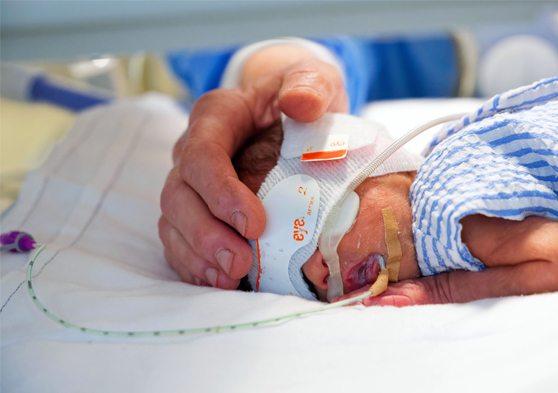Search

In 2020, we celebrated our 30th birthday with those who matter most — the kids whose lives we’ve changed through the research we do.
Research
‘Defying the odds’: Exploring the impact of perinatal outcomes, maternal social and health outcomes and level of culturally appropriate service availability on the health of Western Australian Aboriginal infants and childrenCarrington Fiona Shepherd Stanley PhD FAA FASSA MSc MD FFPHM FAFPHM FRACP FRANZCOG HonDSc HonDUniv HonFRACGP HonMD HonFRCPCH HonLLB (honoris causa)
Research
A systematic review of prevention interventions to reduce prenatal alcohol exposure and fetal alcohol spectrum disorder in Indigenous communitiesLiz Martyn Milne Symons MPH PhD B.A. (Hons) PhD. Honorary Emeritus Fellow Honorary Research Associate 08 6319 1672 martyn.symons@thekids.org.au
Research
Active Strides-CP: Randomised trial of Intensive Rehabilitation (combined Intensive gait and cycling training) for children with moderate to severe bilateral cerebral palsyActive Strides-CP is an RCT assessing a new treatment for children with moderate to severe CP, combining intensive gait and cycling training to simultaneously address motor and participation outcomes.
Research
Alcohol-Related Harm in Young PeopleMelissa Fiona O'Donnell Stanley BPsych (Hons), MPsych, GradDip Ed, PhD FAA FASSA MSc MD FFPHM FAFPHM FRACP FRANZCOG HonDSc HonDUniv HonFRACGP HonMD
Research
An exploration of cerebral palsy aetiology: assisted reproductive technology and congenital anomaliesThis project will explore in detail the role of two known risk factors for cerebral palsy: assisted reproductive technology and congenital anomalies.
Research
Billboard Busters: Exploring Children's Views on Outdoor Advertising"Billboard Busters: Exploring Children's Views on Outdoor Advertising" is a groundbreaking study that examines schoolchildren's attitudes towards outdoor advertisements.
Research
Chronic carbon dioxide exposure: an unrecognised health risk of climate change?Alexander Larcombe BScEnv (Hons) PhD Honorary Research Fellow Honorary Research Fellow Associate Professor Alexander Larcombe began work at The Kids

The CIRCA DIEM Study is a clinical research study being coordinated by the Chronobiology Team at The Kids Research Institute Australia, who are based in Perth, Western Australia and involving research teams from around the world.

The CIRCA DIEM study is a multicentre, prospective, open, blinded end-point (PROBE) parallel controlled study which aims to compare long term neuro-developmental outcomes of premature babies cared for in a cycled environment to premature babies who receive routine care in a non-cycled environment.
